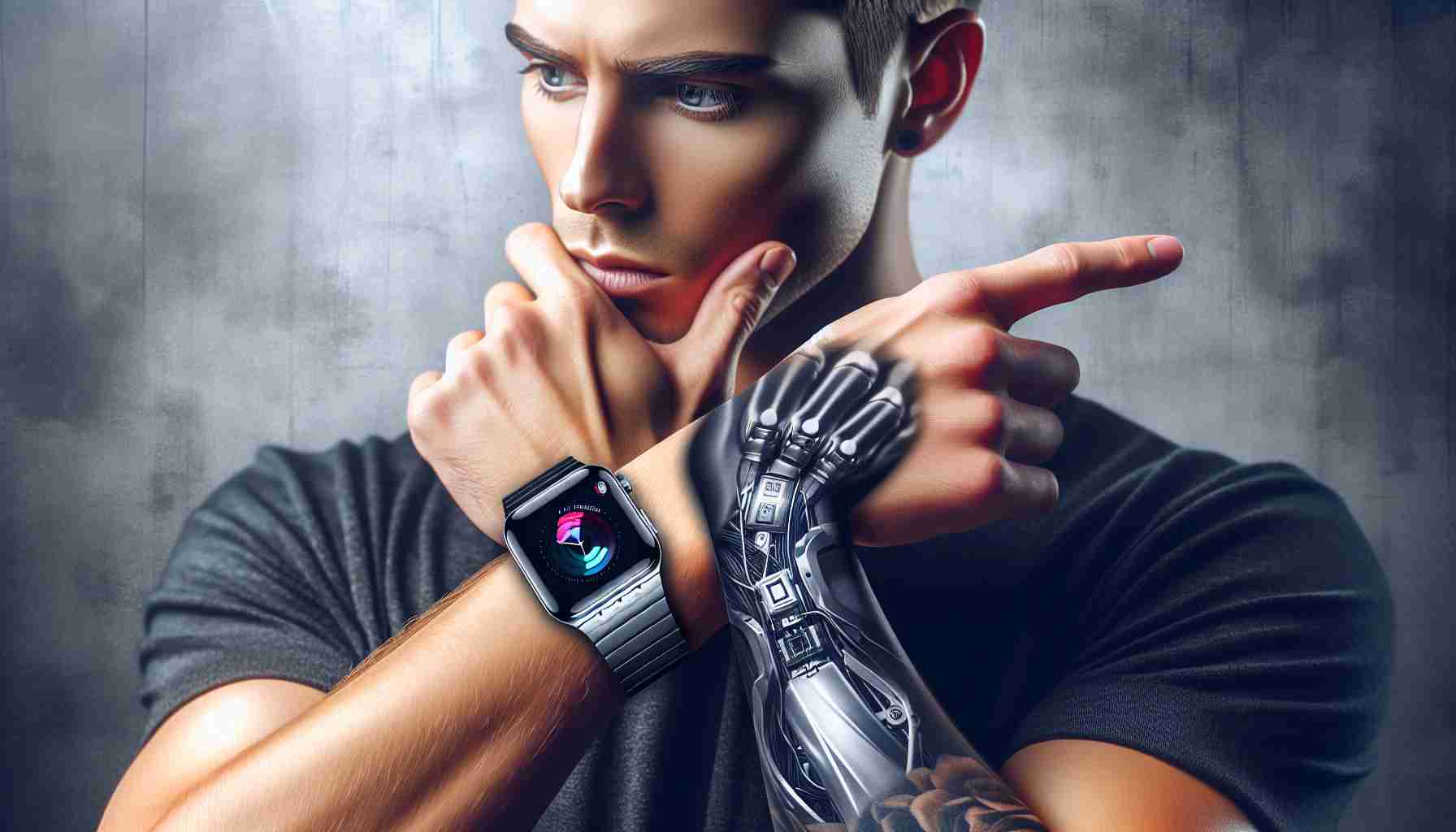What lengths would you go to for the latest technology craze? Many Apple Watch enthusiasts are finding themselves in a unique predicament – their beloved wearable gadgets are not functioning properly due to their wrist tattoos. But is altering your skin worth the convenience of using an Apple Watch?
One individual showcased in a viral TikTok video opted to have a portion of his tattoo removed to make way for his Apple Watch. The laser technician removed the tattoo, explaining that the combination of the tattoo and the Apple Watch was causing issues with readings and functionality.
This phenomenon is not isolated, as several users have reported similar struggles with their own wrist tattoos interfering with their Apple Watch usage. Some have resorted to drastic measures to ensure their device works correctly, while others have managed to use the device without a hitch despite having tattoos.
So, do tattoos truly hinder the performance of Apple Watches? According to tech experts, the optical sensors in devices like the Apple Watch can have difficulty reading biometric data accurately when obstructed by tattoos. Such sensors rely on reflected light to gather health metrics, which can be skewed by darker pigments like those found in tattoos.
The issue extends beyond tattoos, as individuals with darker skin tones also encounter challenges with devices utilizing similar technology. This raises questions about inclusivity and functionality for a diverse range of users.
In a world where technology can be both a convenience and a hindrance, the Apple Watch-tattoo dilemma highlights the lengths individuals may go to in order to seamlessly integrate the latest gadgets into their lives.
Some additional facts related to the topic could include:
– The Apple Watch uses photoplethysmography (PPG) technology to measure heart rate and blood oxygen levels, which can be affected by tattoo pigments blocking the light sensors.
– Advancements in wearable technology may lead to more accurate readings even for users with tattoos, as companies work on improving sensor capabilities.
– Companies like Apple may provide software updates or alternative methods for users with tattoos to still utilize their devices effectively.
Key questions associated with the topic could be:
1. How can individuals with wrist tattoos ensure accurate readings from their wearable devices without altering their skin?
2. What are the long-term effects of repeatedly using laser tattoo removal for the sake of gadget functionality?
3. How do companies balance the design of wearable technology to accommodate diverse users, including those with tattoos or darker skin tones?
Advantages of altering skin for gadget functionality may include seamless integration of the latest technology into daily routines, accurate health tracking for better fitness monitoring, and a customizable approach to personal tech preferences.
Disadvantages of altering skin could include potential health risks associated with laser tattoo removal, the permanence of changing one’s appearance for a device, and the ethical implications of prioritizing gadget usage over natural body modifications.
As for controversies, the ethical dilemma surrounding altering one’s body for the sake of technological convenience raises questions about societal norms, individual autonomy, and the influence of consumerism on personal choices.
Suggested related links:
– Apple
– Technology Radar
